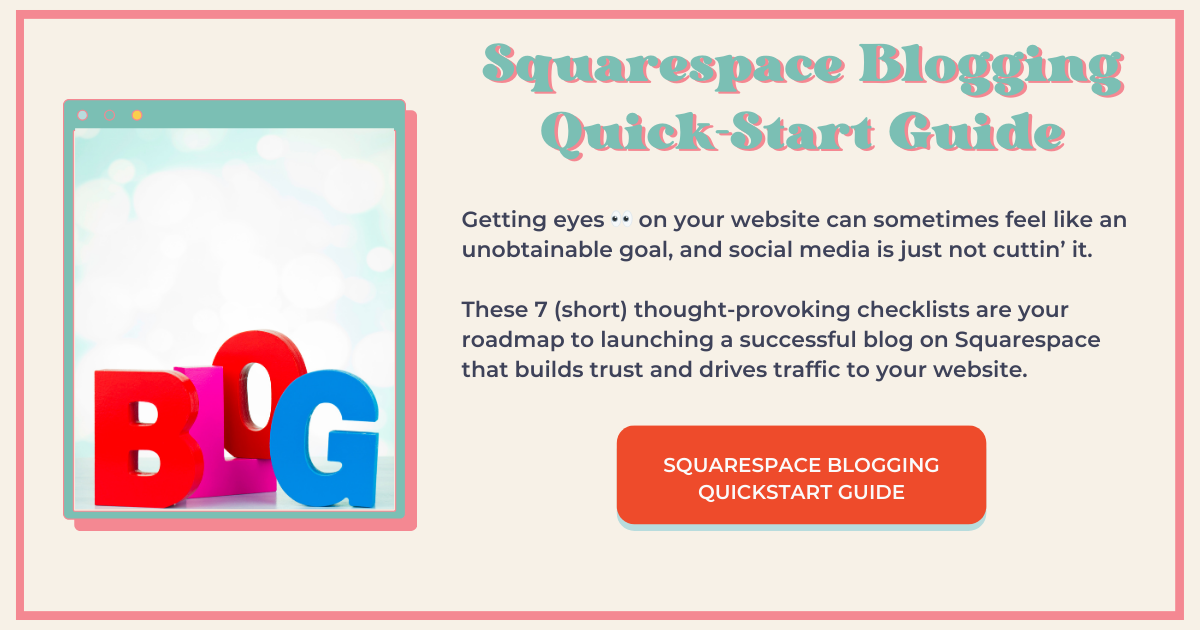Are Search Engines Prioritizing Answers Instead of Keywords?
What does it mean to prioritize answers over keywords?
Google and other platforms are no longer just matching keywords in search queries to keywords in your content—they’re trying to answer users’ questions more accurately and directly. This means prioritizing user intent over exact keyword usage.
But what does that mean for bloggers who rely on search traffic?
Don’t sweat it. While it’s a shift, it doesn’t have to leave you scrambling.
Let’s break down what’s happening and how you can tweak your blog strategy to stay visible and valuable.
Why the Shift From Keywords to Answers?
Search engines like Google are evolving to prioritize user intent. This means understanding what the user is really asking instead of just matching the exact words they type. Advances in natural language processing (NLP) allow search engines to analyze context, phrasing, and even conversational queries.
Here’s a simple example:
If someone searches, “Best way to care for indoor succulents,” Google doesn’t just look for posts stuffed with the phrase “care for succulents.” It tries to find a post that answers the query with detailed, helpful, and accurate information.
Some factors driving this change:
Voice Search: The rise of voice assistants like Alexa and Siri means more people are phrasing searches as full questions.
Featured Snippets: Google now highlights quick answers at the top of search results, pulling content directly from a website.
FAQ
Q1: Why is Google focusing on user intent instead of keywords?
A1: Search engines want to deliver better results by understanding why a user is searching, which creates a better user experience and builds trust.
Q2: Does this mean keywords are no longer important?
A2: No, keywords still matter—they help signal to search engines like Google the topic of your content. But search engines now prioritize context and relevance over keyword repetition.
Q3: How does voice search impact these changes?
A3: Voice searches tend to be longer and conversational, so search engines are designed to understand natural language better, making intent more critical than exact phrasing.
How This Shift Affects Bloggers
If you’ve been relying on keyword optimization as your main strategy, this shift might feel like a curveball. However, it’s actually good news. Here are the key ways bloggers are impacted:
Less Focus on Keyword Stuffing: Instead of worrying about repeating the same keyword multiple times, the focus is on writing high-quality, useful content that addresses readers' needs. (What a relief!)
Increased Competition for Snippets: Featured snippets, People Also Ask sections, and similar features take up prime real estate on search engine results pages (SERPs). If your blog post captures a snippet, you’ll get great visibility—if not, you might lose traffic.
The Importance of Intent Alignment: If your content doesn’t match what users are actually looking for, it won’t rank well, even if it includes the “right” keywords.
FAQ
Q1: How does keyword stuffing hurt my blog?
A1: Keyword stuffing can make your content unreadable and flag it as spammy to search engines, which lowers your rankings.
Q2: How can I compete for featured snippets?
A2: Format your content clearly. Use lists, headings, and concise answers to make it easier for search engines to pull your information.
Q3: What if my blog doesn’t align with user intent?
A3: Your content won’t rank well. To avoid this, research the questions your audience is asking and focus on addressing them.
How Bloggers Can Adapt and Stay Relevant
The good news? Adjusting your blog strategy to meet these changes isn’t difficult. Search engines are becoming more human-like in how they process and deliver information—and you’re human! Writing conversational, natural, and helpful content is already within your wheelhouse.
Here are some easy steps to adapt while keeping your blog relevant:
1. Answer Questions Directly
Write content that gets straight to the point and directly addresses readers' questions. Search engines love when your content mirrors how someone might answer a question in a conversation.
Use tools like AnswerThePublic or check Google’s “People Also Ask” section to find common questions in your niche.
2. Structure Your Content for Snippets
Use clear headings, bullet points, and concise answers to increase your chances of getting featured in Google’s answer boxes. This formatting makes it easier for search engines to find and use your content.
3. Write Like You Talk
With search engines leaning toward natural language processing (NLP), there’s no need to overthink things. Simply write in a conversational tone, just like you’d explain something to a friend or colleague.
This approach also caters to voice search queries, which often reflect how people naturally speak.
4. Use Long-Tail Keywords and Specific Phrases
Focus on long-tail keywords and phrases that mimic natural questions, like “How do I care for succulents indoors during the winter?” These are often less competitive and align closely with search intent. I use SEOSpace to help me with this.
5. Cover Multiple Questions in a Single Post
By grouping related questions into one blog post, you’ll address various search queries at once. For example, a post titled “The Beginner’s Guide to Indoor Succulents” could include sections like:
“How often should I water succulents?”
“What kind of sunlight do succulents need?”
“Do succulents need special soil?”
It’s all about being helpful, approachable, and relatable—something you’re already great at!
FAQ
Q1: Is it really that easy to adapt to these changes?
A1: Yes! Since search engines are designed to mimic human understanding, creating conversational, natural, and question-based content feels more intuitive than traditional keyword stuffing.
Q2: Do I need special tools to write for these new search trends?
A2: Not necessarily. Tools like Google’s “People Also Ask” or AnswerThePublic can help identify questions to answer, but ultimately, it’s about understanding your audience and writing naturally.
Key Takeaways
Search engines may be focusing more on answers than keywords, but that doesn’t mean your blog has to lose its edge. By prioritizing user intent, structuring content for snippets, and writing in a natural tone, you can keep your blog relevant and continue to grow your audience.
Share your thoughts in the comments below 👇
This page contains affiliate links
Like this post?










